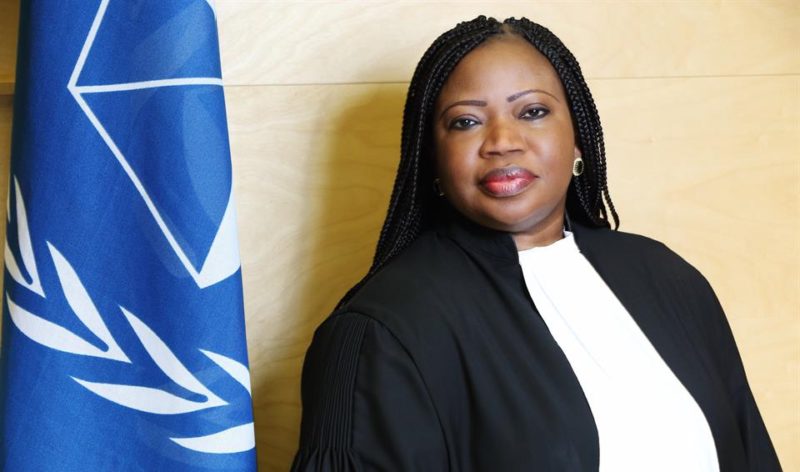By: Madison Kenyon
Impunity Watch Staff Writer
KABUL, Afghanistan — On September 17, 2019, the Pre-Trial Chamber II of the International Criminal Court (ICC) granted in part the request of the prosecutor for Leave to Appeal the Chamber’s earlier decision, which rejected the prosecutor’s request for authorization to investigate into the situation in the Islamic Republic of Afghanistan. The Pre-Trial Chamber originally rejected this authorization because it believed that an investigation at the current stage of the situation would not serve the interests of justice. Thus, on June 7, 2019, the prosecutor, Fatou Bensouda, filed for leave to appeal this decision.

This procedural history stems from the preliminary examination, which began in 2006, by the Office of the Prosecutor of the situation in Afghanistan. Specifically, the prosecutor examined alleged crimes against humanity and war crimes that have occurred in Afghanistan since July 1, 2002, with particular focus on alleged crimes that occurred on May 1, 2003. The prosecutor asserts that the results of this examination prove the following: (1) crimes against humanity and war crimes by the Taliban and their affiliated network; (2) war crimes by the Afghan National Security Forces, and in particular, members of the National Directorate for Security and the Afghan National Police; (3) and war crimes by members of the United States’ armed forces and the United States Central Intelligence Agency (CIA). Overall, through this examination, the prosecutor determined that there is a reasonable basis to proceed with an investigation into this situation and thus made the request for authorization to investigate on November 20, 2017.
The prosecutor asserts that, at a minimum, the crimes against humanity that have been committed include: murder; imprisonment or other severe deprivation of physical liberty; and persecution against an identifiable group or collectivity on political and gender grounds. Along with this, the prosecutor states that the war crimes that have been committed include: murder; cruel treatment and torture; outrages upon personal dignity; intentionally directing attacks against civilians; intentionally directing attacks against personnel or objects involved in a humanitarian assistance or peacekeeping mission; internationally directing attacks against protected objects; rape and other forms of sexual violence; using, conscripting or enlisting children under the age of fifteen; and killing or wounding treacherously a combatant adversary. Further, regarding the United States’ involvement in the situation in Afghanistan, the prosecutor states that there is a reasonable basis to believe that members of the U.S. armed forces and members of the CIA committed acts of torture, cruel treatment, outrages upon personal dignity, and rape and sexual violence against conflict-related detainees in Afghanistan and other locations.
Although the Pre-Trial Chamber granted the prosecutor leave to appeal its earlier decision, this does not mean that it will also grant the prosecutor authorization to investigate further into the situation in Afghanistan. Due to the evidence produced by the prosecutor from her preliminary examination, if the Chamber again refuses to grant authorization to investigate further, it may leave many to wonder if the court is actually concerned about the “interests of justice” or if it is actually trying to avoid upsetting an international powerhouse like the United States.
For further information, please see: